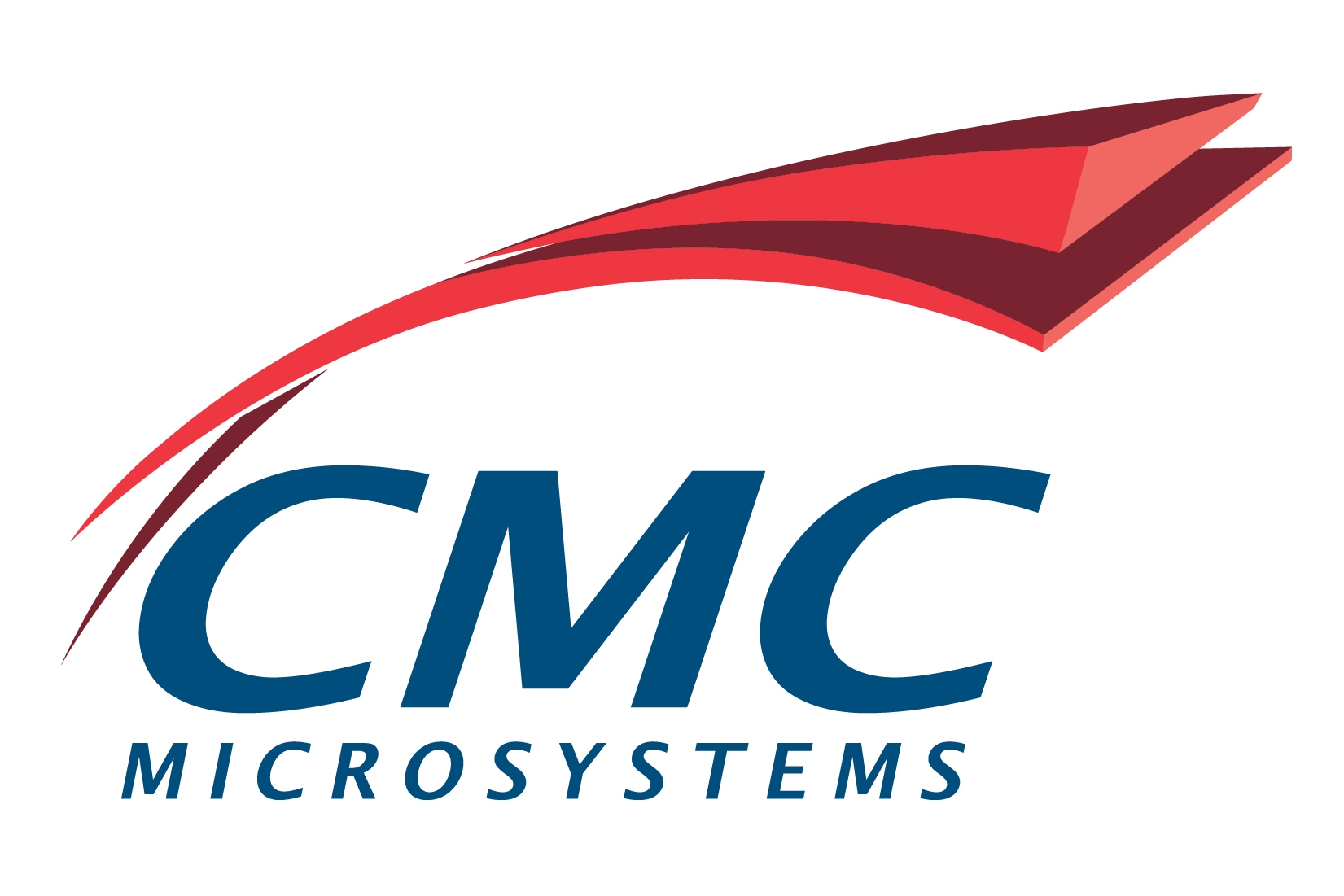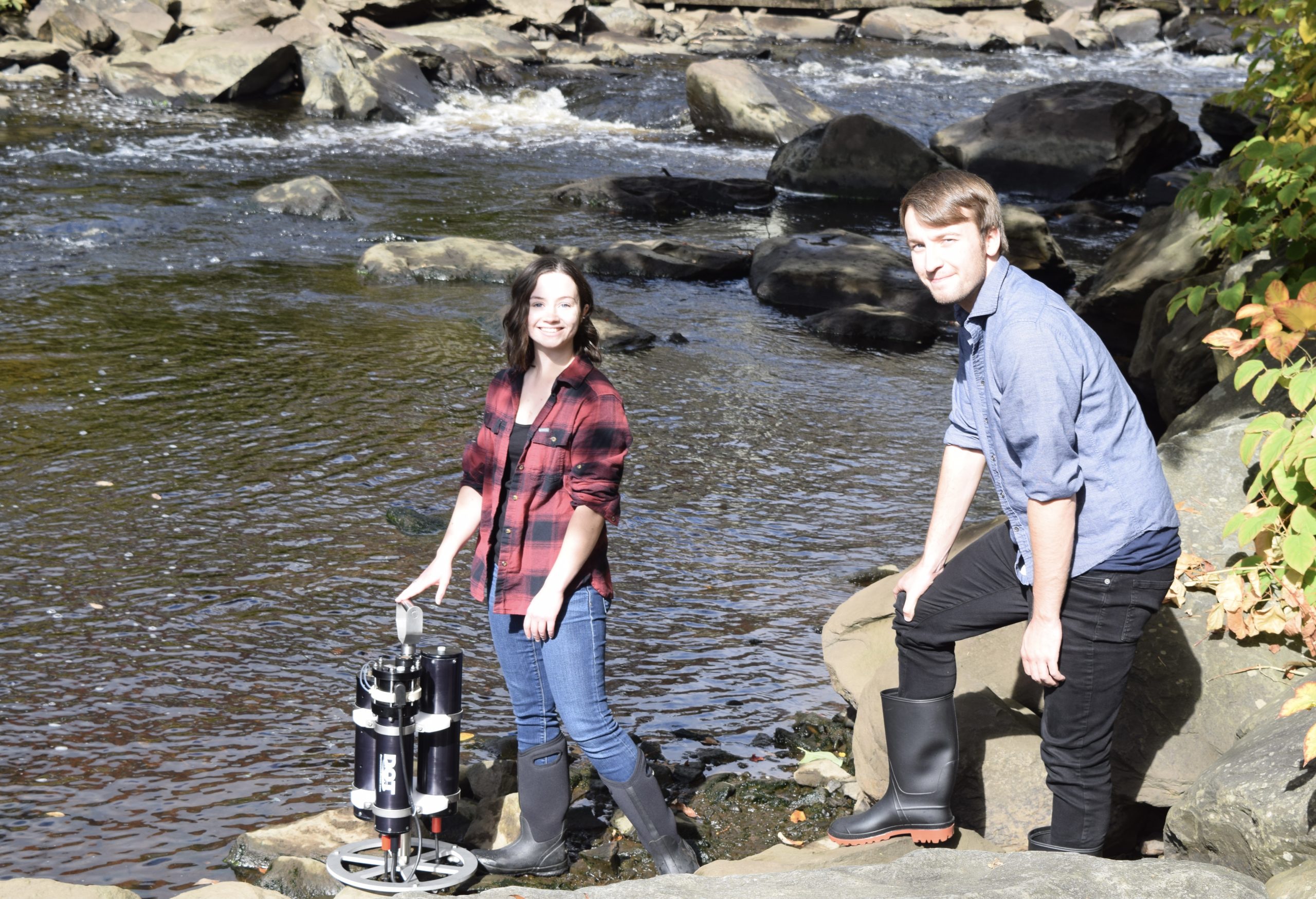The greatest hopes for our environmental future lie in the vast, unexplored regions of the oceans. Their sheer size makes it challenging to monitor with conventional, ship-bound methods, but new technology being developed by Professor Vincent Sieben of Dalhousie University, supported by CMC Microsystems, will usher in a more effective approach to probing marine depths.
This strategy combines two innovations: the rugged submersible “profilers and gliders”, which can travel autonomously for weeks or months at a time, and equally rugged microfluidic sensors, which conduct chemical analyses of the surrounding water during these journeys. These robotic explorers are safer and more cost-effective than any human-staffed expedition, and the software on board a glider should collect far more data about the biological and chemical make-up of remote oceanic locations.
Professor Sieben was introduced to microfluidics technology early in his academic career. Also known as lab-on-chip systems, these devices use precision etching techniques originally developed for semiconductors. This compact package is a highly portable, hands-free sensor capable of hitching a ride on a glider, which is the goal of Sieben’s latest project.
Throughout his career he has learned how to make microfluidic platforms that can withstand the crushing pressures of a deep dive.
“A two-pronged approach was needed to push the edge, lab-on-chip-wise—The first was making these things rugged enough to survive extreme environments,” he explains. “The second part has been to scale it, how to make hundreds or thousands of lab-on-chip systems that can be cranked out by a production team, to help oceanographers get the data that they want.”
Companies that maintain oceanic wind installations, drilling facilities, or fish-farming operations, for example, want to assess the impact of their activities in the local environment. Sieben’s team is developing microfluidic chips to sample DNA in the water and provide data on the impacts of these activities
“It is literally a matter of having robots perform genetic analysis on water — underwater and doing some processing on the robot,” says Sieben, who points to the crucial feature that permits this kind of data-collection. “You need elegant control of fluids.”
That level of control can be achieved with advanced microfabrication techniques, which is where CMC supports Sieben’s work. CMC’s fabrication network makes it possible to refine and test chip designs long before they hit the water.
‘Without CMC there would be a limit to what we could do’
Testing of the equipment is essential, because you get so very few opportunities to put your technology to work.
Elaborate simulations are therefore an attractive option. He points to the important role of CMC in providing his team with the best tools for the job.
“CMC’s part was crucial, particularly in light of Covid,” he explains, noting that the platforms provided by CMC allowed everyone to function remotely but remain highly productive.
The resulting chips will make it possible to assemble digital information as the device conducts its biochemical analysis, and the design itself will make it possible to produce significant numbers of them at reasonable cost.
Sieben also values the ability of CMC to fabricate hardware for network participants like him, something that would otherwise have been much more difficult for him to do from Halifax. He fondly recalls his days at the National Institute for Nanotechnology (NINT) in Edmonton, which offered him local access to outstanding fabrication capabilities.
“I know the kind of work you can do when you have those tools,” he says. “Being in Atlantic Canada, not having a full-on clean room, without CMC there would be a limit to what we could do.”
Above all, Sieben concludes, CMC provides him with a way to apply both his academic and industry experience in a way that will achieve a larger good. Sieben has partnered with Dartmouth Ocean Technologies Inc. (DOT), which offers various sensor platforms for use in the oceans of the world
“I can take that knowledge, using the confined resources available in Canada, and deliver something that is globally impactful.”
October 2022

